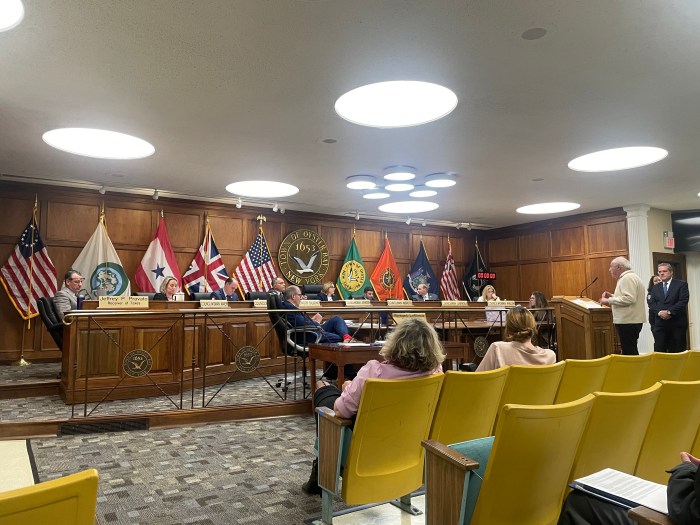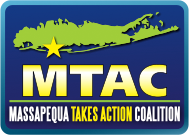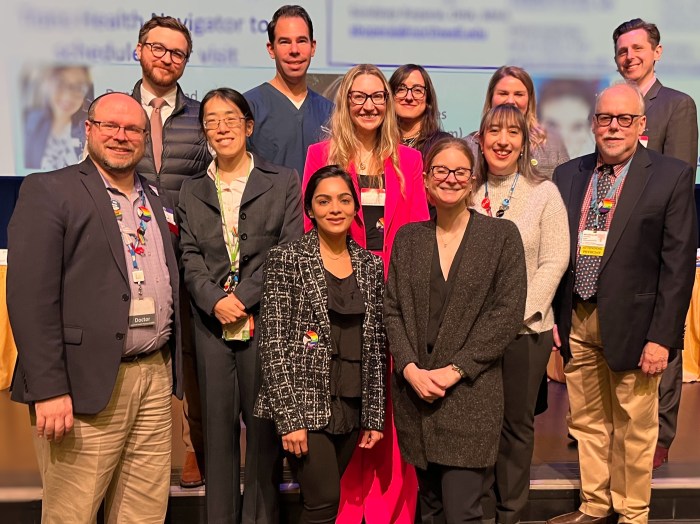The secret that tens of thousands of people have used to recovery from drug and alcohol addiction since 1935 has been revealed.
The program, which many medical professionals describe as having the greatest impact on addiction, is based on 12 simple steps that anyone can practice at meetings with the help of others like them.
“No one thing is going to [work] for everyone, but I think more often than not, the 12 steps give people a new way to live, without restrictions and covenants,” says Dr. Thomas Jan of Massapequa, who has been treating substance abusers with various addiction medication therapies for 25 years.
His patients are required to also be in a treatment program. He thinks 12-step programs have the highest success rate for long-term sobriety.
“It changes the core problem, which has nothing to do with alcohol or drugs,” he says. “Addiction has to do with thinking. It’s a disease of attitudes and behaviors.”
The premise upon which the 12-step program of Narcotics Anonymous (NA) is based, and which members agree has saved their lives, is this: The therapeutic value of one addict helping another is without parallel.
First and foremost is admitting that you have a problem and that you need help from others. Develop a belief in a power greater than yourself; stay away from people, places and things associated with your using; and make peace with actions you took while actively enslaved by the disease of addiction.
Barry, a social worker, believes a 12-step program gave him a life and recommends the programs to his clients.
“Thank God for the straight talk in 12-step meetings,” he says. “I received the support, understanding, and honesty that I could not get from others who did not understand the illness, even if they loved me. I continue to go now, 27 years later, not because it worked for me in the past, but because it continues to work for me in growing my spirituality and seeing how many of my attitudes and behaviors still stem from the self-destructive aspects of the disease.
“My entire task as a helper has been to foster the 12-step approach: Working to find recovery and happiness, as an inside job, will lead to healthy and lasting relationships, circumstances, etc — not the other way around,” he continues.
Others in recovery agreed that 12-step recovery worked for them.
“By doing the 12 steps, I’ve grown and changed the person that I was,” says Kenny, with 30 years in recovery. “I had people around me at the meetings who were going through the same thing that I supported and who supported me and my goals.”
He isn’t alone.
“NA changed my life because I had no life using,” says Susan. “I was poor, no education, no guidance, no morals, no love of life, no love of anyone else’s life either. I walked into my first meeting in July of 1987.
“A couple of members basically told me to learn how to listen instead of yapping and I’m grateful I did,” she continues. “I am now educated, morally and spiritually fit, love my life, love others, have a God, have a family, not too poor, and had a career beyond my wildest dreams. Yes, the 12 steps work.”
THE 12 STEPS
Step 1: I can’t.
Step 2: A higher power can.
Step 3: Let that higher power.
Step 4: Look within.
Step 5: Admit wrongs.
Step 6: Ready self for change.
Step 7: Seek a higher power’s help.
Step 8: Become willing.
Step 9: Make amends.
Step 10: Daily inventory.
Step 11: Pray and meditate.
Step 12: Give it away.
(Condensed and reworded from the original)
24/7 HELPLINE NUMBERS
Narcotics Anonymous
Nassau 516-827-9500
Suffolk 631-689-6262
Alcoholics Anonymous
Nassau 516-292-3040
Suffolk 631-669-1124































